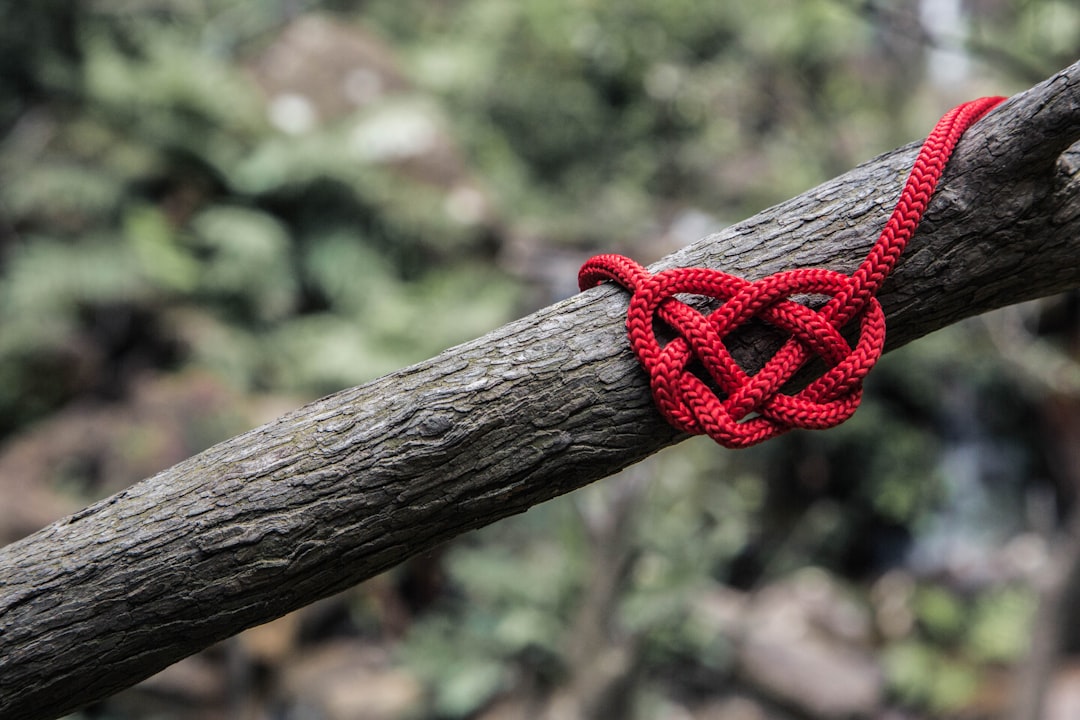If you’re a paid subscriber, you can listen to me read this reflection for you as part of The Secret Field Notes Podcast, Episode 35. (This is a private podcast feed.)
Hi friends,
Well, never say never, eh?
If you’ve been around here for even a minute, you know that I have an allergy to being prescriptive. I am highly aware that what “works” for me won’t …



